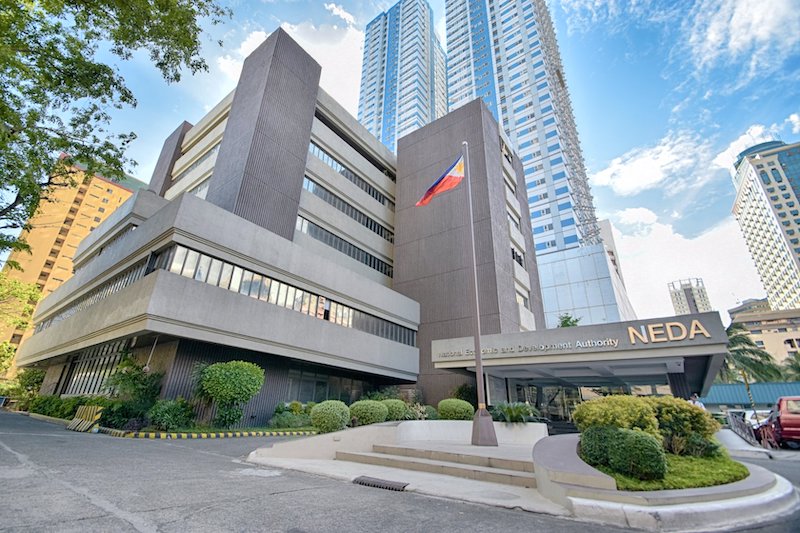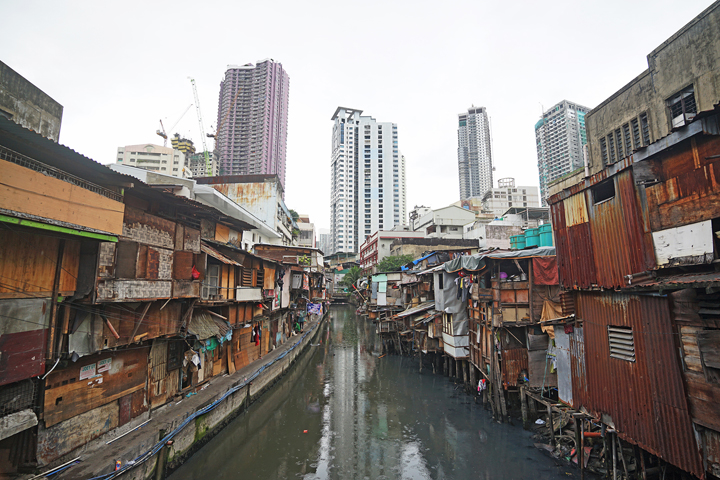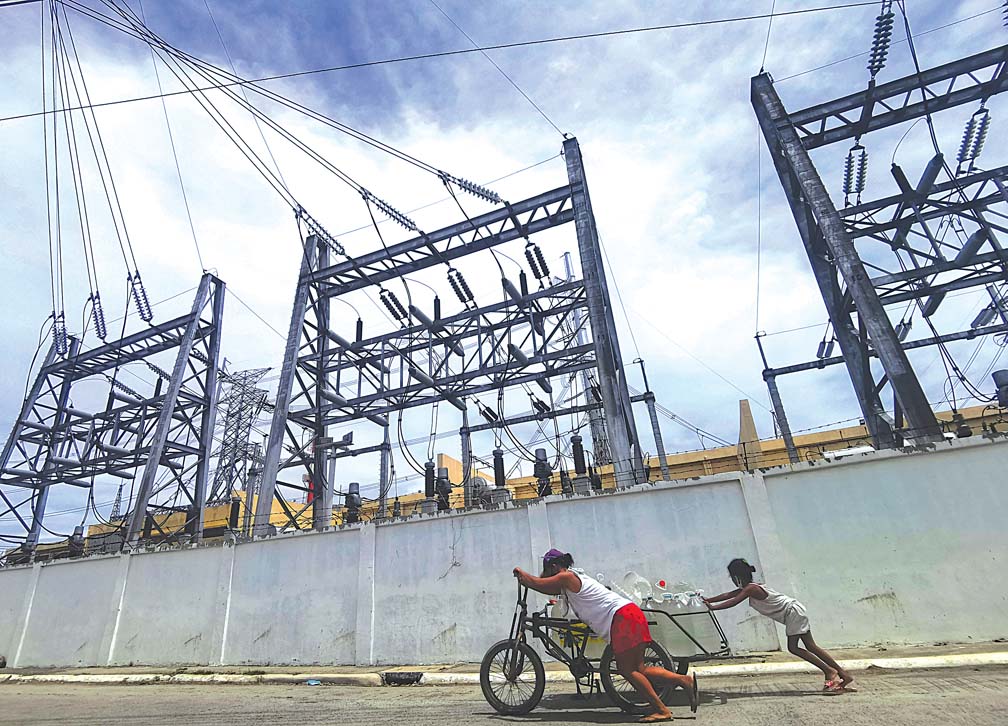The Philippines and the Government of Japan are strengthening their partnership to reduce greenhouse gas emissions toward a decarbonized society and zero emissions community in Asia.
During the recent Philippines-Japan Bilateral Environmental Policy Dialogue, DENR Acting Secretary Jim O. Sampulna said the Bilateral Environmental Policy Dialogue served as an avenue for DENR and the Ministry of the Environment Japan or MOEJ to partner in protecting against the impact of climate change.
“The Philippines, being an archipelago, is one of the most vulnerable countries to the effects of climate change. Our country has faced several typhoons for as long as we can remember. Partnering with Japan in terms of technology and know-how on measures to mitigate climate change is indeed vital at this time,” Sampulna said.
DENR Undersecretary for Policy, Planning, and International Affairs Jonas R. Leones said the Philippines remains committed to the “projected greenhouse gas emission reduction and avoidance of 75 percent.”
MOEJ Vice Minister Tokutaro Nakai said the agency was deepening its cooperation with the DENR through strategies such as Initiative on Fluorocarbons Life Cycle Management, Joint Crediting Mechanism.
Other initiatives are on transparency reporting on greenhouse gas emissions, city-to-city collaboration, and knowledge and tools sharing on climate adaptation projects and waste management technology support.
“In the area of climate change, we were able to confirm that there are some areas of cooperation such as the implementation of the Nationally Determined Contributions (NDCs) as well as the development of the long-term strategies. We will make efforts to work for that and hope to cooperate with you in the future attempts, too,” Nakai said.
Nakai said that the MOEJ would accelerate its effort to decarbonize Asia for the establishment of the so-called “Asia zero-emissions community.”
The Bilateral Environment Dialogue was part of the first-ever Philippines-Japan Environmental Week organized by DENR and MOEJ.
Through a joint statement, DENR and MOEJ agreed to take actions to tackle climate change. “The two countries will work on advancing the life cycle management of fluorocarbon in the Philippines and Japan to contribute to the Philippines’ hydrofluorocarbons (HFCs) emissions reduction,” the statement read.
On fluorocarbon, both sides confirm the ongoing and future cooperation between the DENR and the MOEJ in the potential assessment of HFC collection and destruction.
“Other cooperation projects are on capacity development of policymakers and technicians and utilization of the Joint Crediting Mechanism (JCM) under the Initiative on Fluorocarbons Life Cycle Management (IFL),” the joint statement added.
As part of the Partnership to Strengthen Transparency for co-Innovation (PaSTI) program, the DENR and MOEJ will continue to work on capacity building in the Industrial Processes and Product Use (IPPU) and waste sectors.
These projects will strengthen greenhouse gas reporting and incentives for action. The partnership also calls for the engagement of the private and local government stakeholders as a key component.
“On adaptations, both sides confirm the importance of sharing the knowledge and tools for implementing adaptation projects in vulnerable communities through the Asia-Pacific Climate Change Adaptation Information Platform (AP-PLAT) and the National Integrated Climate Change Database Information and Exchange System (NICCDIES).” -30-































